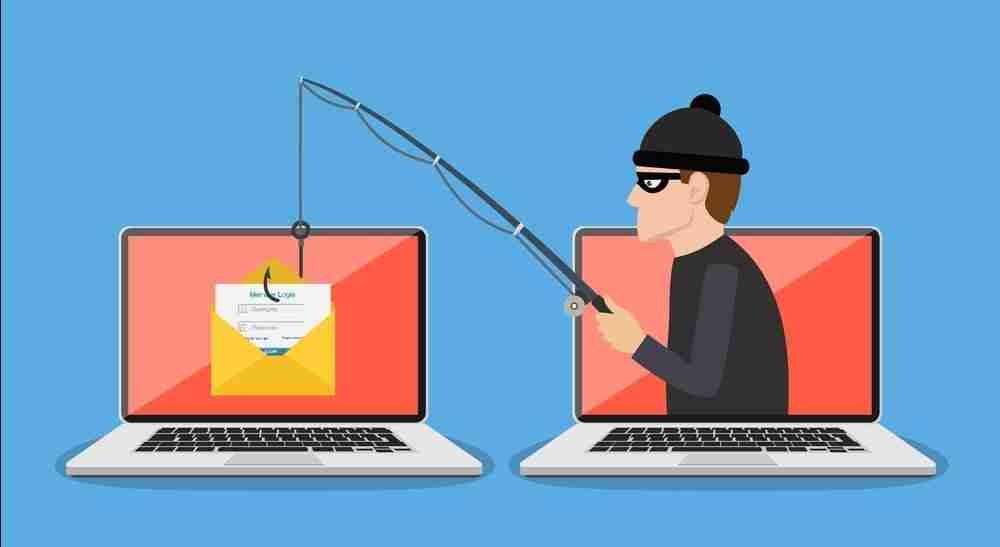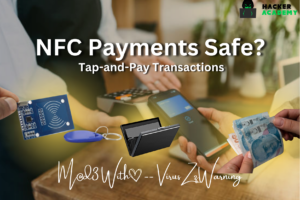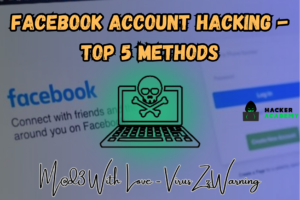
12 reasons to avoid public Wi-fi – What’s the worse that can happen?
The word free Wi-Fi makes everyone happy. But the reality is you might be getting into more trouble than what you signed up for. The main problem with public Wi-Fi is there is no security when it comes to your privacy and data. Public Wi-Fi is public as the name suggests pun intended and can be accessed by anyone. And now anyone can hack you quite easily just because you are on the same network as them.
Important note: If your computer happens to be filled with trade secrets (or any business data for that matter). It’s probably best that you avoid public Wi-Fi entirely.
Following are the risks associated with public Wi-Fi networks
Table of contents
- 1) Rogue Wi-Fi networks.
- 2) Man-in-the-middle attacks.
- 3) Malware over unsecured Wi-Fi.
- 4) Snooping and sniffing.
- 5) Targeting companies
- 6) Malicious attacks through ad hoc networks.
- 7) Password and username vulnerability.
- 8) Exposure to virus worm attacks.
- 9) Phishing campaigns
- 10) Crypto miners
- 11) Ads
- 12)Botnets
1) Rogue Wi-Fi networks.
You can be tricked into using a malicious Wi-Fi network set up by an attacker or a blackhat hacker. That network may have a very trusting name like “Free Wi-Fi” or GUEST-WIFI. If you are in a hotel, then anyone can name their Wi-Fi as a guest or free Wi-Fi. They might have sniffers and malware which will be sent to your device and compromising your and your company data.
2) Man-in-the-middle attacks.
Man in the middle attacks are common than you know, and since they are passive in nature, they are hard to detect. We have written an article on how hackers do a man-in-the-middle attack and how easy it is to even do MITM on an android phone. The hacking world already has many articles on how exactly MITM works. Be sure to read them to understand what MITM is in case you do not know how they work.
3) Malware over unsecured Wi-Fi.
Many hackers send malware over the network so that they can create backdoors and steal your data. There are many ways for hackers to do that since people do not take the necessary precautions when using Wi-Fi and their devices. Many people do not even buy an antivirus. That is a terrible idea, BTW!!!

4) Snooping and sniffing.
This attack is generally used in conjunction with a man-in-the-middle attack. But it need not be the case. Especially if the victim is using HTTP websites. They do not even need MITM to hack; they are directly visible to any sniffer on the network.
Many people do not know the risks associated with not using HTTPS websites. Even the hacking world uses HTTPS just to keep its readers safe; there is no login as such for readers, but why take the risk.

5) Targeting companies
Many hackers try to hack companies by gaining access to the company network via a compromised device. Hackers are always on the lookout for devices that can be easily hacked. If you use public Wi-Fi, you can be easily hacked. So unless you want to lose your job due to negligence. I would recommend avoiding public Wi-Fi networks entirely
6) Malicious attacks through ad hoc networks.
Ad hocs are peer-to-peer networks that enable users to connect two or more computers directly. When a worker whose system is compromised by using a public Wi-Fi network, their devices are likely to be set to be discovered on new networks, making it possible for hackers to infect and hack other computers on the network. Not the type of thing you want to happen.
7) Password and username vulnerability.
Due to the nature of sensitive information like your cookies or username passwords being exchanged on the network, which can be accessed by anyone. Do you really want that network to be public?
I don’t. That is why I personally feel that you should not use public Wi-Fi at all. I am soon planning to make an article on how to use public Wi-Fi securely if it is actually possible to make it that secure.
8) Exposure to virus worm attacks.
If you have been reading my articles, you know how easy it is for hackers to hack into your system. If you are not careful, not only will your system be infected with a virus. Your system will spread the virus with the risk of you being responsible.
9) Phishing campaigns
We did an article on blackeye, which shows how easy it is to make a phishing attack on the same Wi-Fi network. Your bank and other financial data can be easily accessed by a hacker if you are compromised in a phishing campaign.

10) Crypto miners
Due to the increased demand for cryptocurrency, many hackers have started bitcoin mining. Many systems are compromised and used as a miner to mine the data and get crypto coins. These miners run in the background and use your system resources to process data. Congratulations, your system just became a slave to a hacker.
11) Ads
Ads are the most commonly used method of earning money. Legally as well as illegally. Many hackers plant adware and ads on the network, which, when clicked, gives money to the hacker. Many public Wi-Fis are compromised in a similar fashion where the user who signs up ends up sewing a lot more ads on the system. Unless you want this, avoid public Wi-Fi.

12)Botnets
Botnets are zombie systems or a bunch of compromised systems that are used to make DDoS attacks on companies and servers all around the world. This is highly illegal and can result in a lot of fines. Guess who will be tracked when this attack happens. Many hackers will jump systems so that instead of their system, the trace will lead back to you. A botnet might be running through your system without you even knowing about it.
Security experts like Europol’s Troels Oerting have even suggested it’s TOO risky, and that we should avoid public Wi-Fi entirely. You can read their news article for more info.
The increase in cybersecurity threats over the last decade has skyrocketed to unbelievable proportions. 1 out of 3 people has had either their account hacked or their data compromised due to a virus or malware. That’s a lot of people if you think about it.
I hope you liked the article. Make sure to share and support the site and avoid using public wi-fi.



